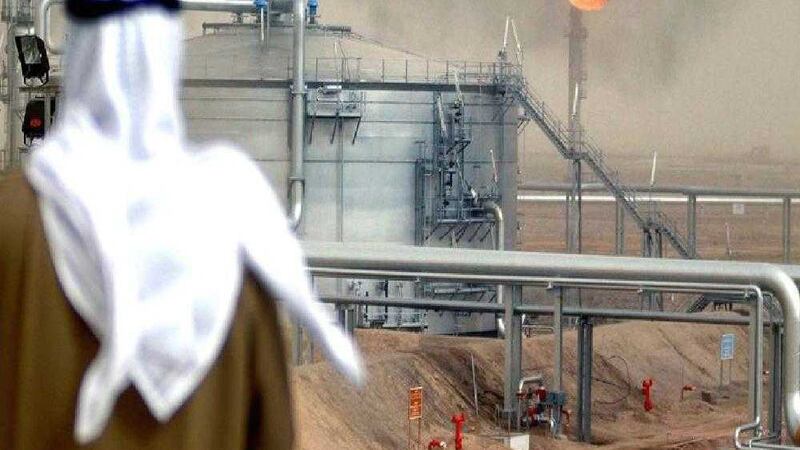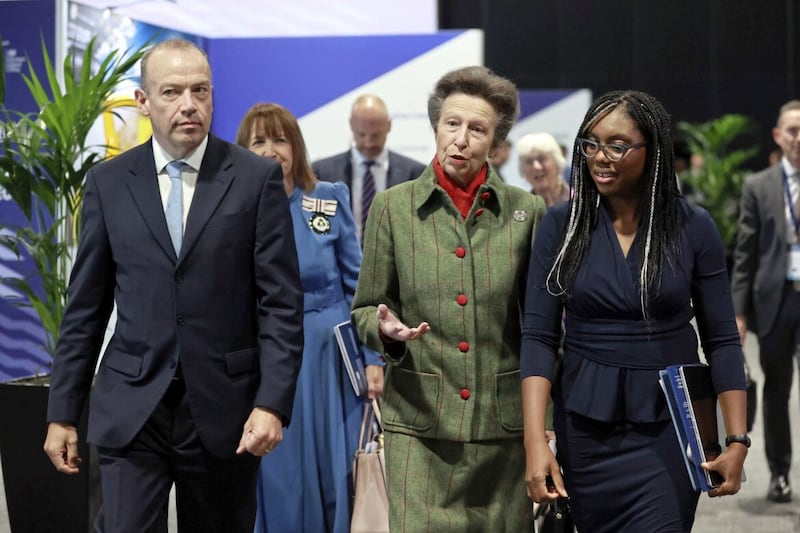WE certainly can't say January has been a calm and quiet month, because from an economics perspective we've seen a further crash in oil prices, foreign exchange volatility and turbulent global stock markets.
Some kept a cool head, but of course others did not. The Guardian reported that RBS credit chief Andrew Roberts had sent out alarming signals along the lines of “Sell everything…except high quality bonds. In a crowded hall, exit doors are small”.
The high drama continued when one Australian economist decided to challenge Mr Roberts to put his money where his mouth is. He offered Roberts a $10,000 wager that a number of international stock markets and commodities would actually be higher by the end of this year.
Putting all the panic aside, let’s have a look at what is really happening right now with regards to the global markets and international economies.
Currently, financial markets are very jittery because of the ‘China Syndrome’. China is the second largest economy in the world and accounts for 12 per cent of the world’s total trade – so clearly it is a very important player in global markets. The slowing Chinese economy over the last year and a half, coupled with a rebalancing away from production towards services, has reduced its demand for imports, notably commodities.
Lower demand from China has put downward pressure on world commodity prices and has negatively impacted many emerging markets that have in recent years been selling their goods into China. These problems are hitting global risk sentiment and hurting all emerging markets more or less indiscriminately. Quite simply, international investors are pulling back their capital from emerging markets because of their exposure to China.
Along with these developments, financial markets remain worried about another big influence – the price of oil. Saudi Arabia and its allies have been flooding the market with oil to reduce the price and drive out competition from non-OPEC producers and the shale industry. Over the last year or so OPEC members have been competing externally and even amongst themselves for market share.
For how long the Saudis can maintain this game, no one knows – although there are signs that the Saudi economy is already starting to buckle from the pressure. It is our view that non-OPEC producers will buckle first and cut production substantially during 2016 as they are finding it impossible to stay in the market.
Yet, it is still important to remember that despite slowing Chinese growth and the glut of global oil that is dominating financial markets, many world economies are still expanding.
For example, if you took a look at the back pages of The Economist magazine last week you'll have seen that currently only four countries out of the 58 major economies listed are actually contracting. The four are Russia, Brazil, Venezuela and the Ukraine – all oil exporting regions. China is still growing (at around 6.7 per this year) but of course, as noted earlier, slower growth in emerging markets has a knock on impact on manufacturing supply chains around the world. It is therefore no surprise that industrial production contracted at the end of 2015 in many countries such as the US, Germany, Canada, Finland, Norway, Switzerland, Estonia and even Singapore.
However, industrial production is only one aspect of an economy, for many advanced countries the services side of the economy is the main driver of economic growth. In the US, the UK and many other economies, consumers are actually getting a boost from low energy prices and domestic demand is rising. This is expected to continue in the first half of 2016 and should partially offset the impact of those lower export levels.
In addition, we need to remember that there are many emerging markets that have only relatively limited exposure to China and commodities. Over the next year, these nations, such as eastern European countries, Turkey and oil-importing Asian countries, stand to benefit from the lower oil price. Danske Bank forecasts are for a moderate recovery in China in 2016 and at the end of last we were already seeing some encouraging signs of a moderate recovery from Chinese export and import data. It is definitely not the downturn that markets have been fearing and pricing in.
In conclusion, there are a number of ways of looking any situation. Getting emotional and excessively focusing on the worst possible scenario is, in my opinion not helpful. For me, focusing on the ‘most likely’ outcome is preferable. The reality is that in 2016 commodity exporters with large exposure to China will be under continued pressure if the oil price stays low and the struggles in China persist.
But not all advanced economies have big exposures to China and they should not fall apart because of rumbles in emerging markets either. Indeed, most advanced economies are still growing, companies are making profits again and financial institutions are going into 2016 with stronger balance sheets. Consumers in advanced economies are happy too and they are supporting domestic demand as labour markets continue to strengthen and employment rates rise.
Markets may be jittery right now, but it is also important to remember that markets can be highly irrational, they tend suffer from herd mentality and they frequently over react - both on the downside as well as on the upside. Markets are highly influenced by sentiment and therefore it is important to keep a cool head and focus on the underlying fundamentals.
:: Angela McGowan is chief economist at Danske Bank in Northern Ireland.
:: Next week: Richard Ramsey








